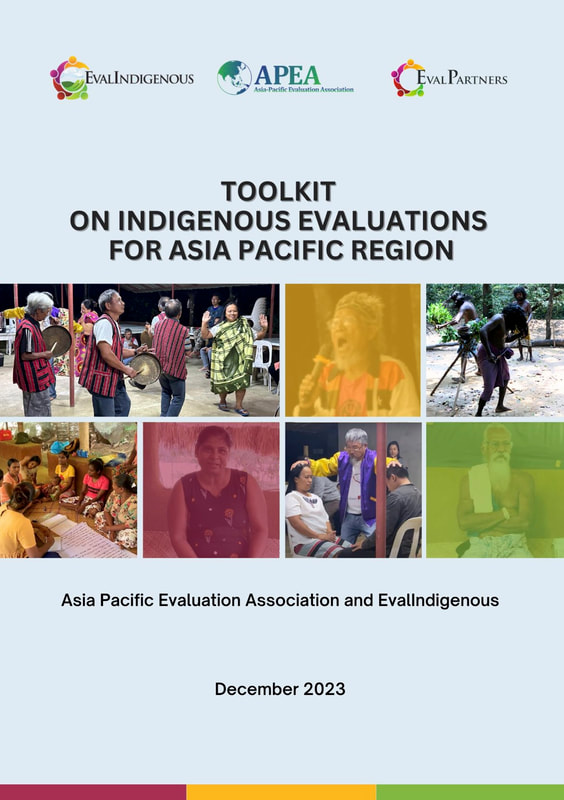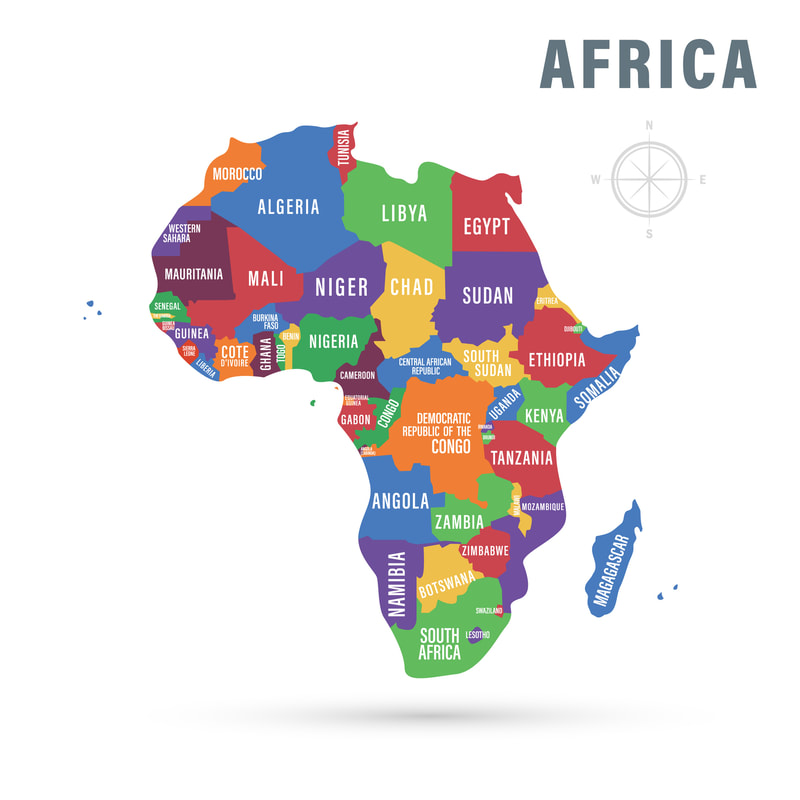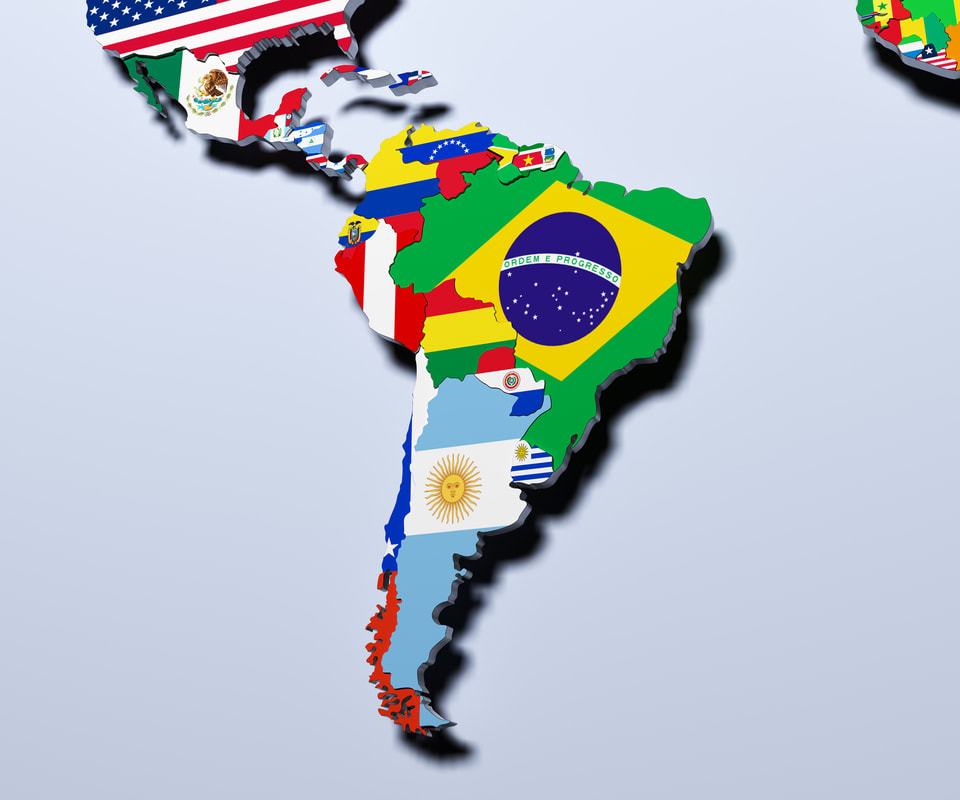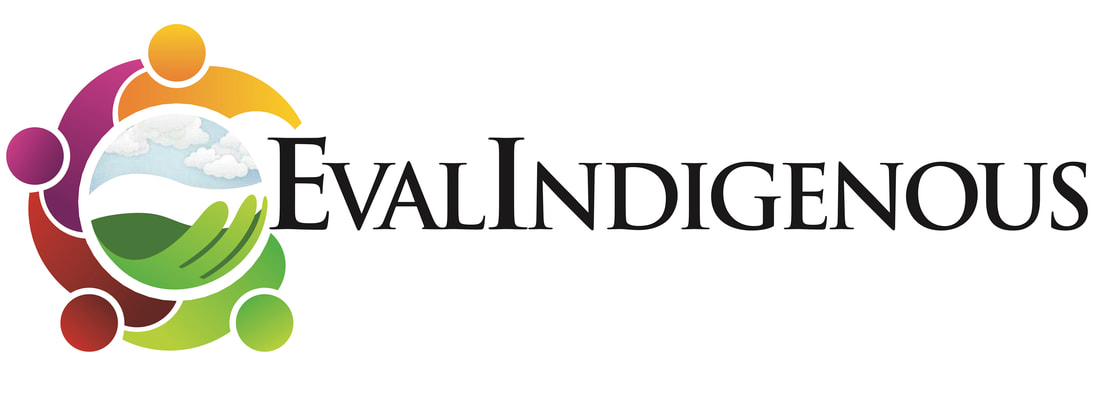In 2024, EvalIndigenous members are collaborating on a new program of work.
This work program will include:
Seeding grants for small projects that are responsive to the needs, priorities and aspirations of Indigenous peoples for evaluation that is a good cultural 'fit' for them. These grants will encourage innovation in evaluative thinking (e.g., intergenerational transmission of knowledge, proverbs as an Indigenous evaluation methodology) that reflects Indigenous ways of knowing and decision-making.
Germinating grants for those who received seeding grants in 2023, so they can build on, or to perhaps innovate on, the work they have undertaken with Indigenous peoples.
Growing in-person and virtual meetings, and other sharing and dissemination opportunities with and for Indigenous peoples, to share knowledge, spark dialogue and influence evaluation policies and practices.
Blossoming evaluation practice through the collaborative development of evaluation methodologies with Indigenous peoples. These methodologies will reflect Indigenous people's own decision-making processes, ways of knowing, and aspirations for evidence-informed learning that fits with their cultural values and traditions.
Seeding grants for small projects that are responsive to the needs, priorities and aspirations of Indigenous peoples for evaluation that is a good cultural 'fit' for them. These grants will encourage innovation in evaluative thinking (e.g., intergenerational transmission of knowledge, proverbs as an Indigenous evaluation methodology) that reflects Indigenous ways of knowing and decision-making.
Germinating grants for those who received seeding grants in 2023, so they can build on, or to perhaps innovate on, the work they have undertaken with Indigenous peoples.
Growing in-person and virtual meetings, and other sharing and dissemination opportunities with and for Indigenous peoples, to share knowledge, spark dialogue and influence evaluation policies and practices.
Blossoming evaluation practice through the collaborative development of evaluation methodologies with Indigenous peoples. These methodologies will reflect Indigenous people's own decision-making processes, ways of knowing, and aspirations for evidence-informed learning that fits with their cultural values and traditions.
Over the course of 2023 EvalIndigenous projects undertook projects funded by a Ford Foundation’s grant to EvalIndigenous. In addition to gathering the voices of Indigenous knowledge holders and evaluators for the Indigenous Voices project, the projects included seed grant funding, the development of a directory of Indigenous evaluators, and peer-to-peer (P2P) collaborations.
APEA EvalIndigenous Projects
|
The Asia Pacific Evaluation Association (APEA) and EvalIndigenous worked together to promote Indigenous approaches and strengthen the demand for culturally responsive Indigenous evaluation practices in the Asia Pacific region. One of the goals of our 2023 program was the promotion of the voices of Indigenous Evaluators and Indigenous people in the community undertaking similar roles as an evaluator. We funded four seeding grant projects in Nepal, the Philippines and Fiji. Reports on this work can be found on the Reports page. We also undertook local case studies with Indigenous evaluators and Indigenous communities. The focus of the case studies was on showcasing Indigenous evaluation practices and Indigenous evaluator and knowledge holder journeys. Our work has culminated in the production of a Toolkit on Indigenous Evaluations for Asia Pacific Region.
|
African EvalIndigenous Projects
|
Atlas Project
Based on survey findings, a draft directory has been developed so that Indigenous evaluators and non-Indigenous evaluators working in Indigenous/Tribal communities in Africa can be located. This directory has been incorporated into the Evaluator Locator. Voices Project
Interviews with evaluators and knowledge holders can be found on our YouTube channel. In 2024, people will be invited to talk in small groups during the AFrEA Conference. |
Africa Seeding Projects
Five seeding projects were funded in 2023.
|
Indigenous Knowledge: Boran, Meru and Kalenjin communities in Kenya
These three communities are located in different parts of Kenya and are quite different in terms of their history, values and practices. One is in north, one in the east, and the third is in the Rift Valley part of Kenya. This project has been about if and how Indigenous Knowledge has been captured in evaluation, especially in relation to the SDGs. Discussions with elders and with the keepers of sacred places has highlighted the importance of longer stays in communities, because we have only scratched the surface in terms of our understandings. Story clips have been developed and can be found on our YouTube channel. Study reports are in the Reports section of this website.
These three communities are located in different parts of Kenya and are quite different in terms of their history, values and practices. One is in north, one in the east, and the third is in the Rift Valley part of Kenya. This project has been about if and how Indigenous Knowledge has been captured in evaluation, especially in relation to the SDGs. Discussions with elders and with the keepers of sacred places has highlighted the importance of longer stays in communities, because we have only scratched the surface in terms of our understandings. Story clips have been developed and can be found on our YouTube channel. Study reports are in the Reports section of this website.
EvalIndigenous-LAC
|
Peer-to-Peer Connections
Peer-to-peer exchanges in Latin America and the Caribbean provided opportunities to consider the aspects of Knowledge, worldview, and evaluation; Indigenous evaluation; Colonialism/Decoloniality; and Transformation of power through indigenous valuation. This methodology aimed to create a dynamic and inclusive platform for evaluators in Latin America and the Caribbean to learn from each other, share experiences, and contribute to the advancement of evaluation practices in the region. |
EvalIndigenous-LAC Webinars: Reflecting on a Transformative Journey
We are thrilled to share the success of our recent EvalIndigenous-LAC webinars, where our overarching goal was to delve into meaningful reflections, generate innovative proposals, and increase awareness regarding the invaluable contributions of indigenous worldviews and knowledge—ranging from Amazonian, Andean, Afro, to other perspectives from Central and South America. These insights have enriched critical perspectives on evaluation. Throughout the four engaging webinars, we explored diverse perspectives on the decolonization of evaluation. Our discussions involved indigenous evaluators, specialists in indigenous evaluation, decision-makers, representatives from academia, and cooperation agencies. Here are the recordings of our webinar series:
We are thrilled to share the success of our recent EvalIndigenous-LAC webinars, where our overarching goal was to delve into meaningful reflections, generate innovative proposals, and increase awareness regarding the invaluable contributions of indigenous worldviews and knowledge—ranging from Amazonian, Andean, Afro, to other perspectives from Central and South America. These insights have enriched critical perspectives on evaluation. Throughout the four engaging webinars, we explored diverse perspectives on the decolonization of evaluation. Our discussions involved indigenous evaluators, specialists in indigenous evaluation, decision-makers, representatives from academia, and cooperation agencies. Here are the recordings of our webinar series:
|
Knowledge and Worldviews: A Look at Evaluation from the Territories
Decolonizing Evaluation/Decolonization of Evaluation: Challenges and Perspectives
|
Decolonizing Proposals and Experiences of Evaluation
Decolonizing Evaluation: Toward the Transformation of Power Relations
|
At the end of this enlightening series, participants received a virtual certificate of participation. We extend our gratitude for the continuous support from ReLAC, ensuring ongoing reflections for the future. Special thanks to Martha Lanza Meneses for her leadership in making this initiative a success.
Stay tuned for more exciting opportunities as we continue our journey of promoting inclusivity and diverse perspectives in the evaluation landscape!
Stay tuned for more exciting opportunities as we continue our journey of promoting inclusivity and diverse perspectives in the evaluation landscape!
|
Indigenous Voices in Central and South America
Indigenous Voices have been uploaded onto the EvalIndigenous YouTube channel |
Kemly Camacho – Evaluadora mestiza / Mestiza evaluator, Costa Rica
|
Johanna Mahut – Evaluadora Urbana / Urban Evaluator, Colombia
|
|
Christian González, Boruca
|
|
Promotion of the Atlas EvalIndigenous-Latin American Chapter
The overarching goal is to create a comprehensive directory of Indigenous evaluators and indigenous individuals involved in evaluation, fostering active participation of indigenous communities in assessment and development processes. Specifically, the project aims to: i) identify and document indigenous evaluators in the region, gathering detailed and precise information about their experiences, knowledge, and areas of expertise, and ii) promote collaboration and knowledge exchange among Indigenous evaluators in the region, creating a robust network. This network will facilitate communication, sharing experiences, and collaboration on evaluation and development projects. This initiative will strengthen the capacities of Indigenous evaluators and promote best practices in evaluation from an Indigenous perspective.
The overarching goal is to create a comprehensive directory of Indigenous evaluators and indigenous individuals involved in evaluation, fostering active participation of indigenous communities in assessment and development processes. Specifically, the project aims to: i) identify and document indigenous evaluators in the region, gathering detailed and precise information about their experiences, knowledge, and areas of expertise, and ii) promote collaboration and knowledge exchange among Indigenous evaluators in the region, creating a robust network. This network will facilitate communication, sharing experiences, and collaboration on evaluation and development projects. This initiative will strengthen the capacities of Indigenous evaluators and promote best practices in evaluation from an Indigenous perspective.








